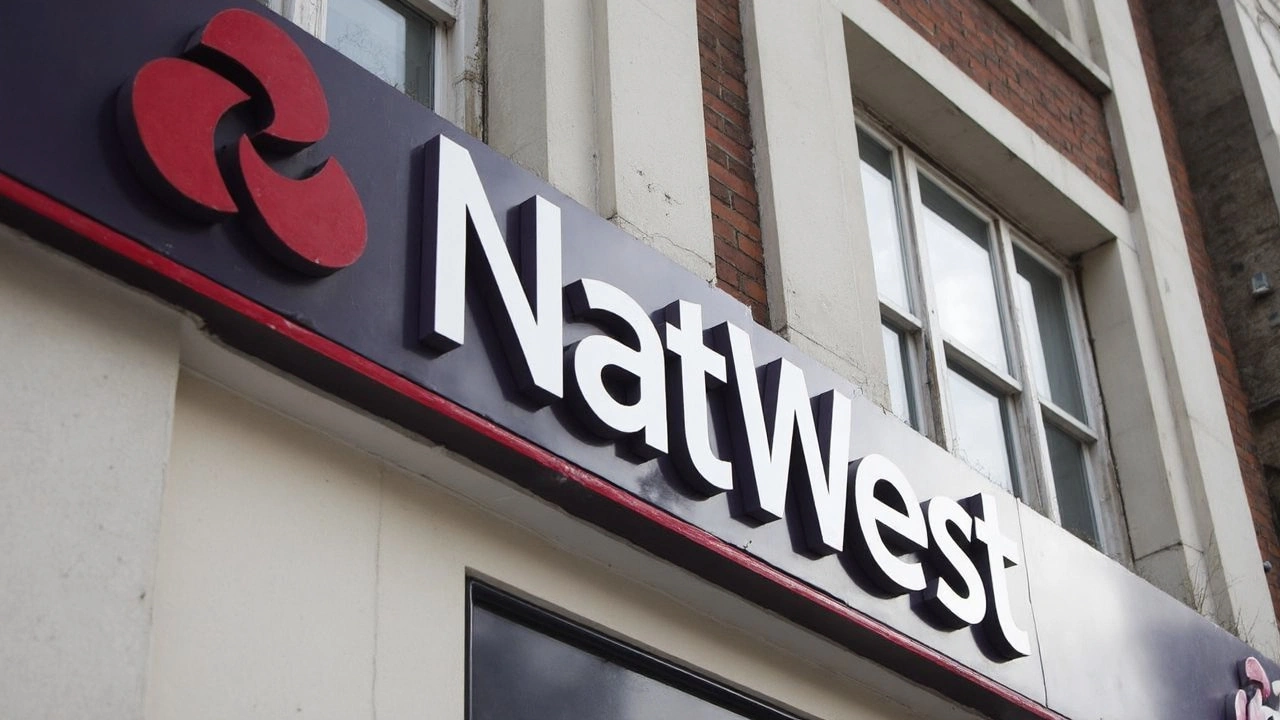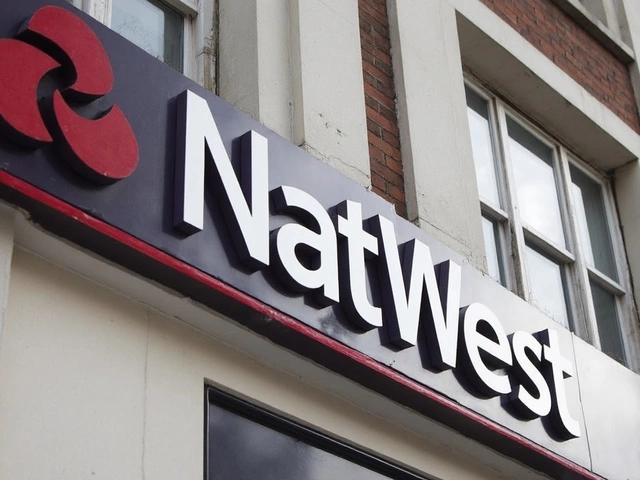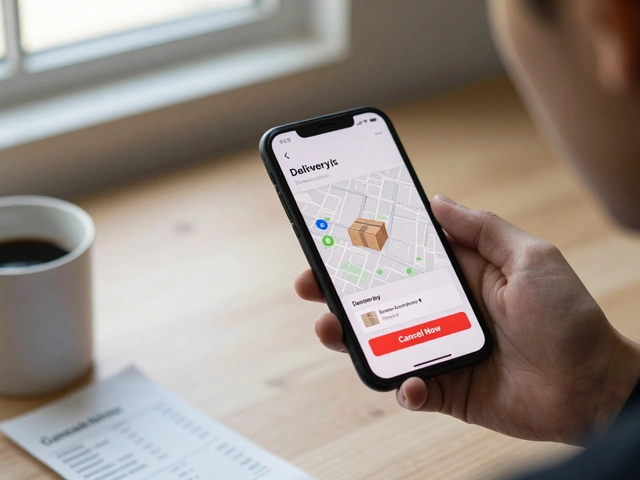NatWest’s Long Road Back: Thanking Taxpayers After a Costly Bailout
Remember the 2008 financial crash that rocked global markets? In the thick of it, Royal Bank of Scotland—now NatWest—needed a lifeline. The UK government stepped in, making taxpayers the unlikely majority owners of one of Britain’s biggest banks. Nearly 17 years later, that chapter is finally closed. The government sold off its remaining NatWest shares in May 2025, turning the page on an era that cost the public billions but arguably saved the wider economy.
Chairman Rick Haythornthwaite wasn’t shy about acknowledging the debt owed to everyday people. "We owe British taxpayers our thanks," he admitted. That’s not just a throwaway line—taxpayers poured in a staggering £46 billion to prop up the then-flailing lender. Fast-forward to now: the government pulled in around £35 billion through share sales and dividends over the years. That still leaves a bruising £10.5 billion loss for the taxpayer, with the bank’s share price never bouncing back to its pre-crisis peak.
The numbers make it clear: this was not a rescue that paid for itself in a neat financial sense. But authorities, including the Treasury, have stood by the decision. Allowing NatWest to collapse, they argued, would have delivered an even nastier punch to wallets across the UK—not just for those holding accounts with the bank, but for the entire economy already in free fall.
From Royal Bank of Scandal to NatWest: A New Era?
So what changed at NatWest after the government’s emergency takeover? For nearly two decades, the bank walked a tightrope. That initial 83% government stake was a badge of both shame and survival. Since then, the bank shed risky businesses, overhauled how it treats customers, and serious talk about ethics moved from the sidelines to the centre of board meetings.
Haythornthwaite isn’t shy about saying the NatWest of 2025 is a different beast. The culture, he claims, is now geared around responsible banking—the kind where customer needs get put first, not last. In his words, this is now a place “focused on the ethics of running a bank.”
The name change from RBS to NatWest in 2020 wasn’t just a branding exercise. It signalled a fresh start, an attempt to put a muddied reputation behind them. The leadership also called for changes in how the financial system is regulated, hoping to avoid the kind of risky behavior that saw banks implode in 2008. At the same time, many want these reforms to go even further, making it harder for another big institution to drag the economy to the brink.
For ordinary customers, the changes have been subtle but real. More transparent fees, an emphasis on digital safety, and customer support have all become more prominent. Yet people aren’t quick to forget the days when their tax money was used to cover corporate missteps. Bank bosses admit those memories still influence how they run the show.
The end of government ownership is symbolic, and for some, a relief. But it leaves behind a hard-learned lesson: when banks stumble, it’s the public that often picks up the tab. NatWest’s promise now is to make sure it never gets to that point again. Whether people believe that promise will shape the legacy of this long, pricey rescue.








Write a comment